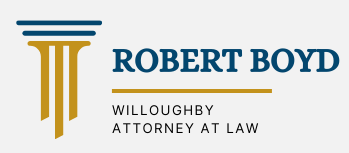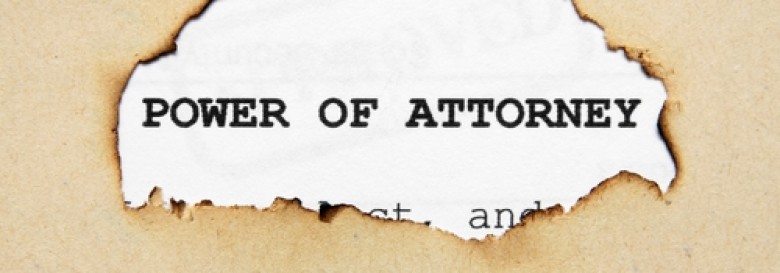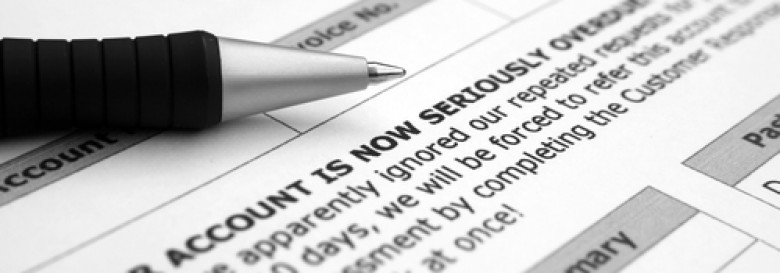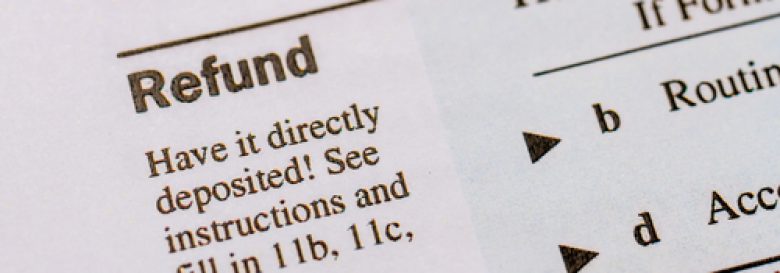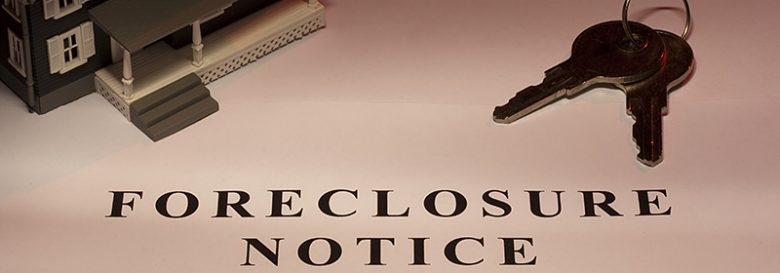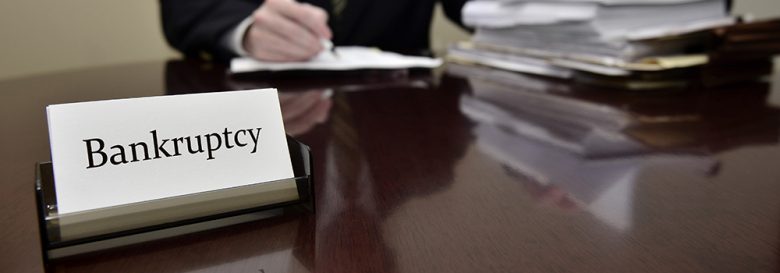Power of Attorney: What are they and do you need one?
You’ve certainly heard of the term power of attorney or POA before, but do you really understand what it means? Don’t worry; you’re not alone! The majority of people don’t fully understand POAs or think that they mean something that they don’t. Read for a quick lesson in powers of attorney, what they are and who needs them.
What Is a Power of Attorney?
A power of attorney is a document that gives someone else the power to handle your affairs if you’re unable to do so or if you need assistance. The document names a person that you choose as your Power of Attorney.
What Can a Power of Attorney Do?
The person that you name as your Power of Attorney can sign documents on your behalf, handle your banking and open and close accounts in your name. In addition, they can handle bill-paying, can file taxes on your behalf and receive financial information about your accounts.
Who Can Be a Power of Attorney?
Any person over the 18 can serve as your Power of Attorney. The person does not have to be related to you, but often, people choose a spouse, a child or a grandchild to serve as their Power of Attorney. What’s most important is that you choose someone who you trust. Your POA will be able to access all of your money, so you need to make sure they will be honest and that they can be responsible.
What Are the Benefits of Having a Power of Attorney?
Having a power of attorney ensures that your bills can be paid and all of your finances can be managed if you’re unable to handle them on your own. If you became very ill or injured suddenly, having a POA in place would ensure that everything could be easily managed until you could take over your finances once more. Seniors often benefit from naming someone as Powers of Attorney if it becomes difficult for them to manage their finances on their own or they’re not able to easily make trips to the bank.
What’s Involved in Getting a Power of Attorney?
Once a power of attorney form is drawn up, it must be signed in front of two witnesses who are over the age of 18. It must also be notarized. Then, you can simply retain a copy of it to have on hand in case it is ever needed. Typically, your Power of Attorney will need to present a copy prior to being able to have access to your account or act on your behalf.
If you’d like to have a power of attorney drawn up to simplify matters if you would ever become incapacitated or otherwise unable to handle your affairs, contact Attorney Robert A. Boyd. With 25 years of experience assisting clients with estate services and powers of attorney, he can help make the process as simple as possible. Schedule a consultation by calling 440-230-3230 today.
